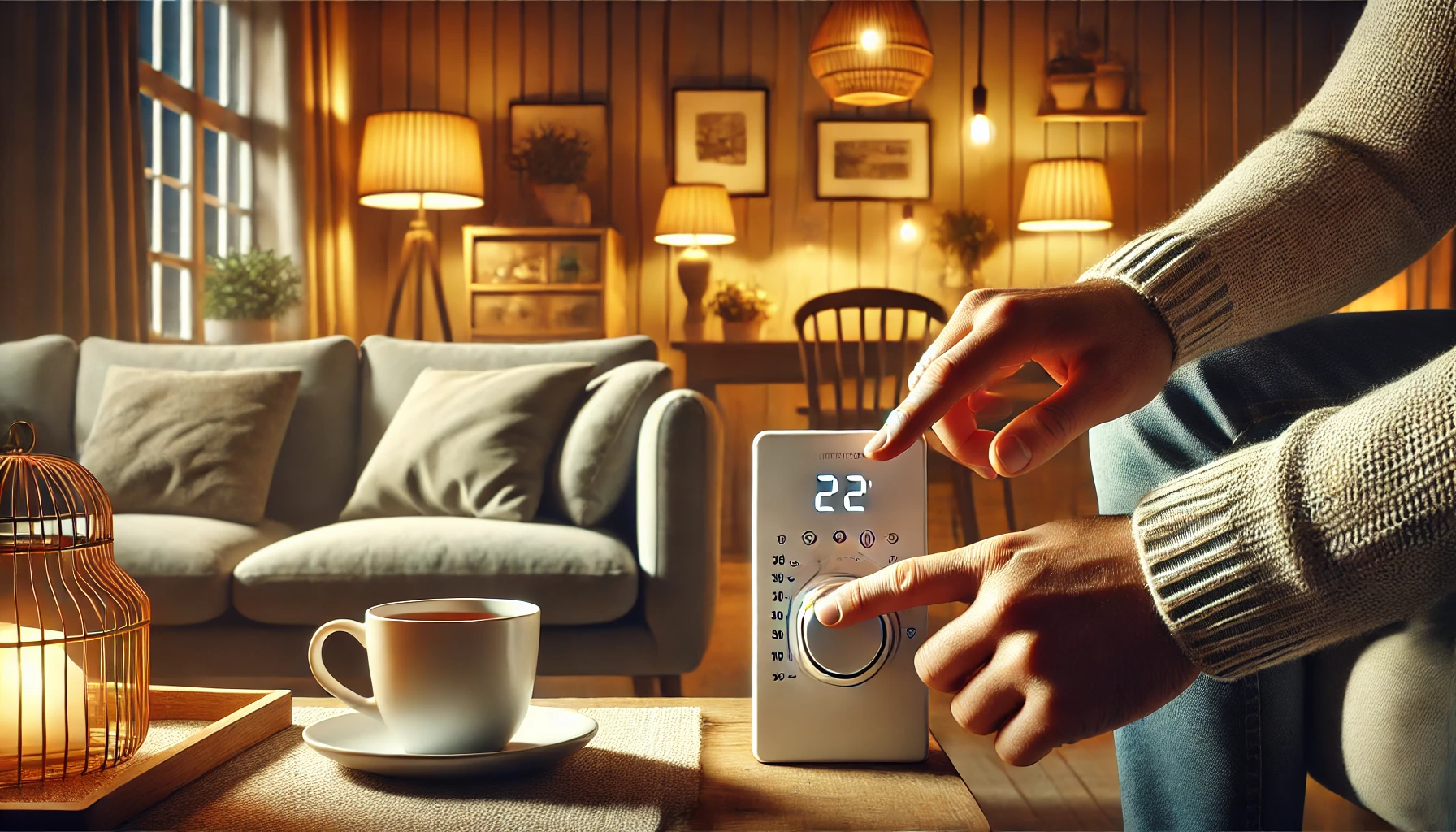Utility bills are one of the biggest ongoing expenses for most households. However, with a few simple adjustments, you can lower these costs without sacrificing comfort. In this article, we’ll explore practical ways to save money on your utility bills—whether it’s electricity, water, gas, or internet—while still maintaining a comfortable and functional home.
1. Turn Off Lights When Not in Use
Leaving lights on when they’re not needed is a common, easy-to-fix habit that can add up on your electric bill. While modern lighting, such as LED bulbs, is more energy-efficient, the more you use them, the higher your bill will be.
Simple Steps to Save:
- Turn off lights when you leave a room.
- Use timers or motion sensors for outdoor lights.
- Switch to LED bulbs, which use up to 75% less energy than incandescent bulbs.
Being conscious about turning off lights helps reduce unnecessary electricity usage and cuts costs.
2. Use Energy-Efficient Appliances
Energy-efficient appliances use less electricity to perform the same tasks, reducing your overall energy consumption. While these appliances may cost more upfront, the savings in the long run can make them worth the investment.
How to Save:
- Look for appliances with the Energy Star label, indicating they meet energy efficiency standards.
- Replace old appliances that use a lot of energy, such as refrigerators, air conditioners, or water heaters, with newer, more efficient models.
- Use energy-efficient small appliances like microwaves or slow cookers instead of turning on your oven.
Upgrading to energy-efficient appliances helps lower your electricity bill over time.
3. Unplug Electronics When Not in Use
Many electronics continue to use energy even when turned off. This phenomenon is known as “phantom” or “standby” energy use.
How to Avoid Phantom Energy Use:
- Unplug electronics like TVs, computers, and chargers when they’re not in use.
- Use power strips and turn them off when not in use to disconnect multiple devices at once.
- For electronics that are plugged in, look for the Energy Star label to ensure they’re energy-efficient.
Cutting back on phantom energy use can save you money on your electric bill.
4. Adjust Your Thermostat Settings
Heating and cooling your home typically account for a large portion of your utility bills. Adjusting your thermostat can help you save a significant amount of money.
How to Adjust:
- In the winter, set your thermostat to 68°F (20°C) during the day and lower it when you’re sleeping or away from home.
- In the summer, set your thermostat to 78°F (25°C) when you’re home and higher when you’re away.
- Consider using a programmable thermostat to adjust the temperature automatically, so you don’t waste energy while you’re asleep or at work.
Small temperature adjustments can lead to significant savings on your heating and cooling bills.
5. Seal Windows and Doors
Air leaks in your home can make it harder to maintain a comfortable temperature, causing your heating or cooling system to work harder. Sealing these leaks can help you save energy and money.
Simple Ways to Seal:
- Install weather stripping around doors and windows to prevent drafts.
- Use caulk to seal any cracks or gaps in walls, windows, and around plumbing.
- Consider adding insulation to your attic or walls to further prevent heat loss in the winter and heat gain in the summer.
Sealing gaps and cracks helps maintain the temperature inside your home, reducing the need for extra heating or cooling.
6. Take Shorter Showers
Water heating is another significant portion of your utility bill, and taking long showers can contribute to higher energy costs. By shortening your showers and using less hot water, you can save on both water and energy bills.
Tips to Save on Water:
- Limit your shower time to 5-10 minutes.
- Use a low-flow showerhead to reduce water consumption without sacrificing water pressure.
- Turn off the tap while brushing your teeth or shaving to save water.
These small changes help reduce your water bill and the energy costs associated with heating the water.
7. Wash Clothes in Cold Water
Washing clothes in hot water can increase your energy consumption because it requires more energy to heat the water. Switching to cold water for laundry can help lower your utility bills without affecting the quality of your wash.
Laundry Tips:
- Use cold water for most loads of laundry.
- When using warm water, adjust your washing machine settings to the lowest possible temperature that will still clean your clothes.
- Air dry your clothes whenever possible instead of using a dryer, which consumes a lot of energy.
Switching to cold water and air drying clothes saves energy and reduces your utility costs.
8. Reduce Your Water Heater Temperature
Your water heater is another appliance that consumes a lot of energy, especially if it’s set to a high temperature. Reducing the water heater’s temperature can help cut energy usage without affecting the comfort of your shower or bath.
How to Adjust:
- Set your water heater temperature to 120°F (49°C), which is hot enough for most uses.
- Insulate your water heater to keep it from losing heat and requiring more energy to maintain temperature.
Lowering your water heater temperature can significantly reduce your energy consumption.
9. Use Smart Power Strips
Some electronics continue to use energy even when turned off. Smart power strips can help you manage power usage by cutting off power to devices that aren’t in use.
Benefits of Smart Power Strips:
- Smart strips detect when devices are off and cut off power to them.
- They help eliminate phantom energy consumption from electronics like TVs, game consoles, and chargers.
- Look for smart power strips that can be controlled via smartphone apps for easy management.
Using these power strips helps save energy without requiring you to manually unplug devices.
10. Review Your Internet and Cable Plans
Sometimes, you’re paying for more services than you need, especially with cable or internet subscriptions. Reviewing your plans can help you save money.
How to Cut Back:
- Evaluate your internet and cable subscriptions to ensure you’re only paying for what you use. Consider cutting cable or switching to a streaming service.
- Look for cheaper internet plans that provide the speed you need without extra services.
- Bundle your services (internet, phone, and TV) if it offers a discount.
Reviewing your subscriptions regularly ensures you’re not paying for services you don’t need.
Final Thoughts: Save Without Sacrificing Comfort
Saving money on utility bills is all about making smarter choices and adjusting your habits. By turning off lights, sealing drafts, using energy-efficient appliances, and making small adjustments to your daily routine, you can lower your utility costs without sacrificing comfort. Even small changes can add up over time and help you reduce your household expenses.
With these simple tips, you can create a more energy-efficient home that saves you money every month.

On Trilha Riqueza, you’ll find effective strategies, investment tips, and a complete roadmap to navigate the path to wealth and achieve your financial goals.




